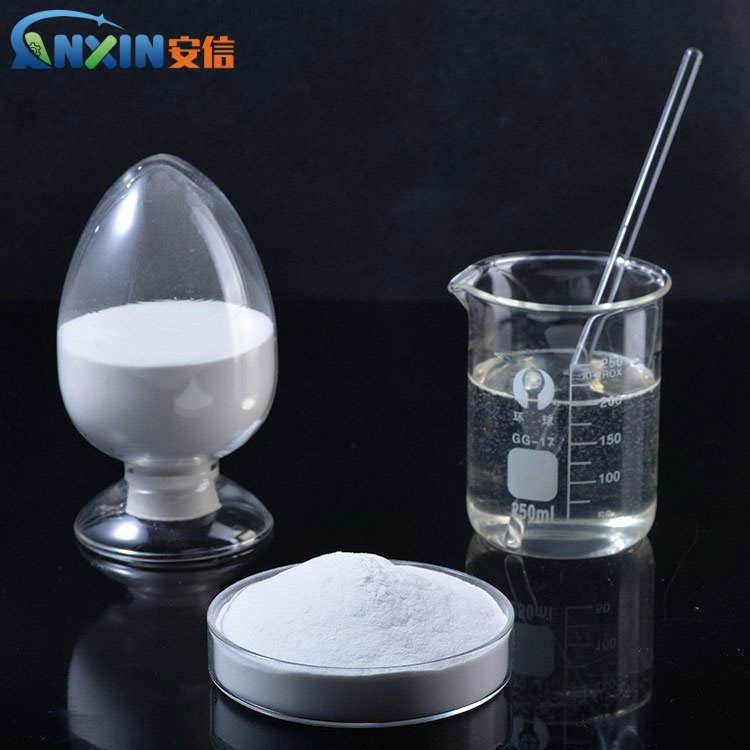Is HPMC soluble in hot water?
Hydroxypropyl methylcellulose (HPMC) is a versatile polymer that finds extensive use in various industries such as pharmaceuticals, cosmetics, construction, and food. One of its notable properties is its solubility in water, particularly in hot water.
1. What is HPMC?
HPMC is a semi-synthetic, inert, viscoelastic polymer derived from cellulose. It is obtained by treating cellulose with alkali and propylene oxide, followed by methylation. This process results in a water-soluble polymer with improved properties over natural cellulose.
2. Solubility of HPMC in Water
HPMC exhibits excellent solubility in water, especially when the water is heated. This solubility is due to the presence of hydrophilic groups within the HPMC molecule, namely the hydroxyl (-OH) groups and the ether linkages. These groups interact with water molecules via hydrogen bonding, facilitating the dissolution of HPMC in aqueous solutions.
3. Effect of Temperature on Solubility
The solubility of HPMC increases with temperature. At higher temperatures, water molecules have greater kinetic energy, leading to enhanced molecular mobility and better penetration of water into the polymer matrix. This results in faster dissolution kinetics and higher solubility of HPMC in hot water compared to cold water.
4. Application in Pharmaceutical Formulations
In pharmaceutical formulations, HPMC is commonly used as a thickening agent, stabilizer, and film former in oral solid dosage forms such as tablets and capsules. Its solubility in hot water makes it suitable for preparing aqueous solutions or suspensions of drug formulations. For example, HPMC can be dissolved in hot water to form a viscous gel, which can then be used as a binder to granulate drug particles in tablet manufacturing.
5. Use in Construction Materials
In the construction industry, HPMC is utilized in cement-based products such as tile adhesives, mortars, and renders. Its water solubility allows for easy dispersion and uniform distribution within the cement matrix. By forming a protective film around cement particles, HPMC improves workability, water retention, and adhesion of these construction materials.
6. Importance in Food Industry
HPMC also plays a crucial role in the food industry, where it is employed as a thickener, emulsifier, and stabilizer in various food products. Its solubility in hot water enables the preparation of clear, viscous solutions that contribute to the desired texture and consistency of food formulations. For instance, HPMC can be dissolved in hot water to form a gel, which is then added to sauces, soups, or desserts to improve their mouthfeel and stability.
7. Conclusion
HPMC is soluble in hot water, thanks to its hydrophilic nature and unique chemical structure. This property makes it a valuable ingredient in a wide range of applications across different industries, including pharmaceuticals, construction, and food. Understanding the solubility behavior of HPMC is essential for formulators and manufacturers to optimize its usage in various products and formulations.
Post time: Apr-22-2024
